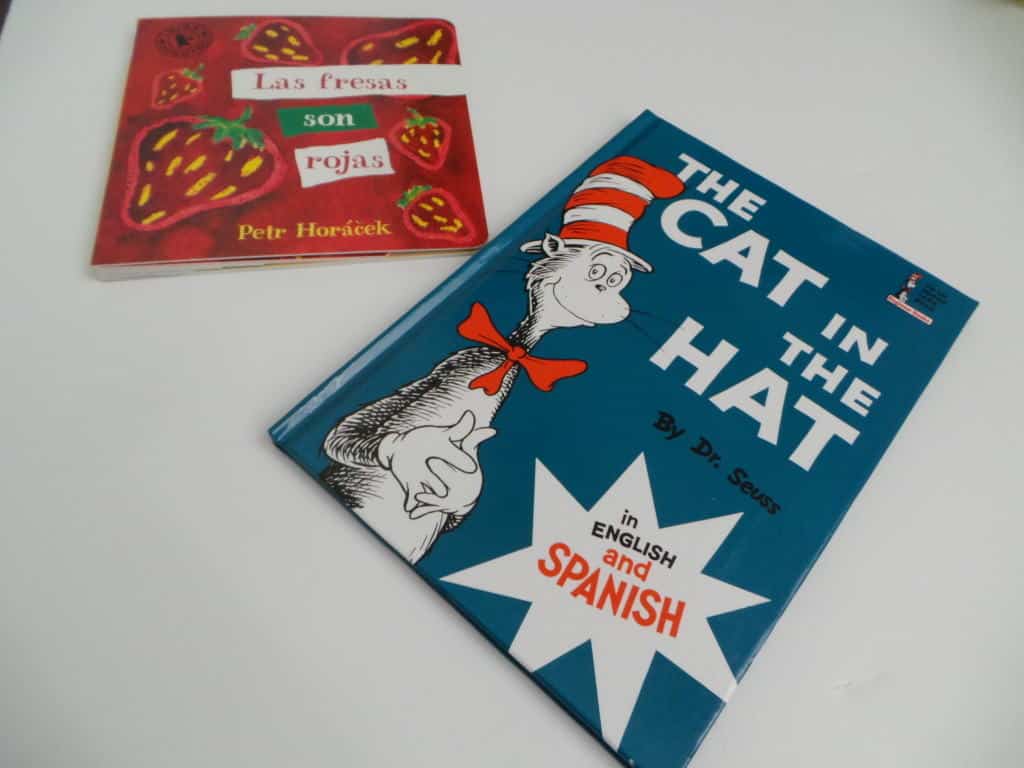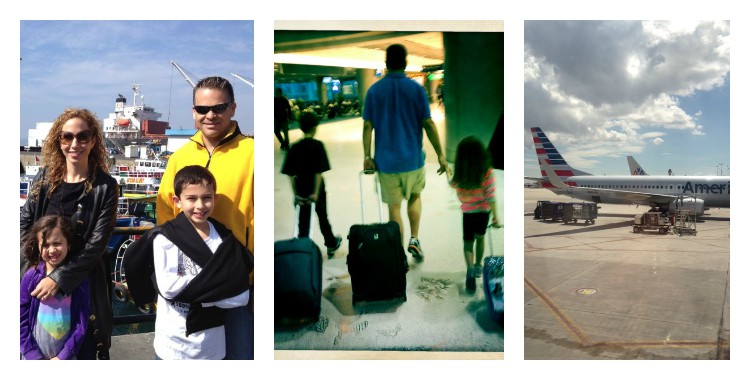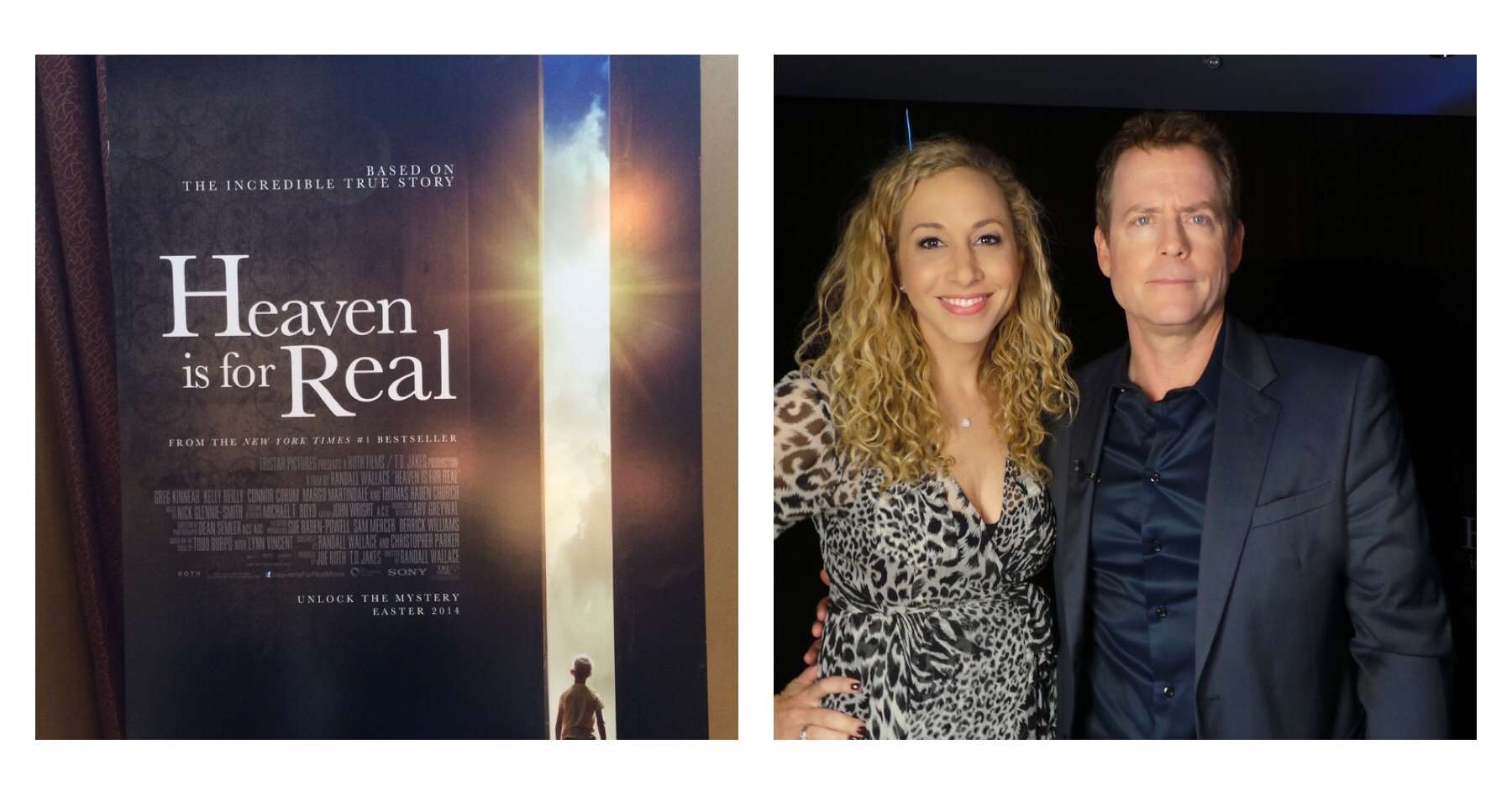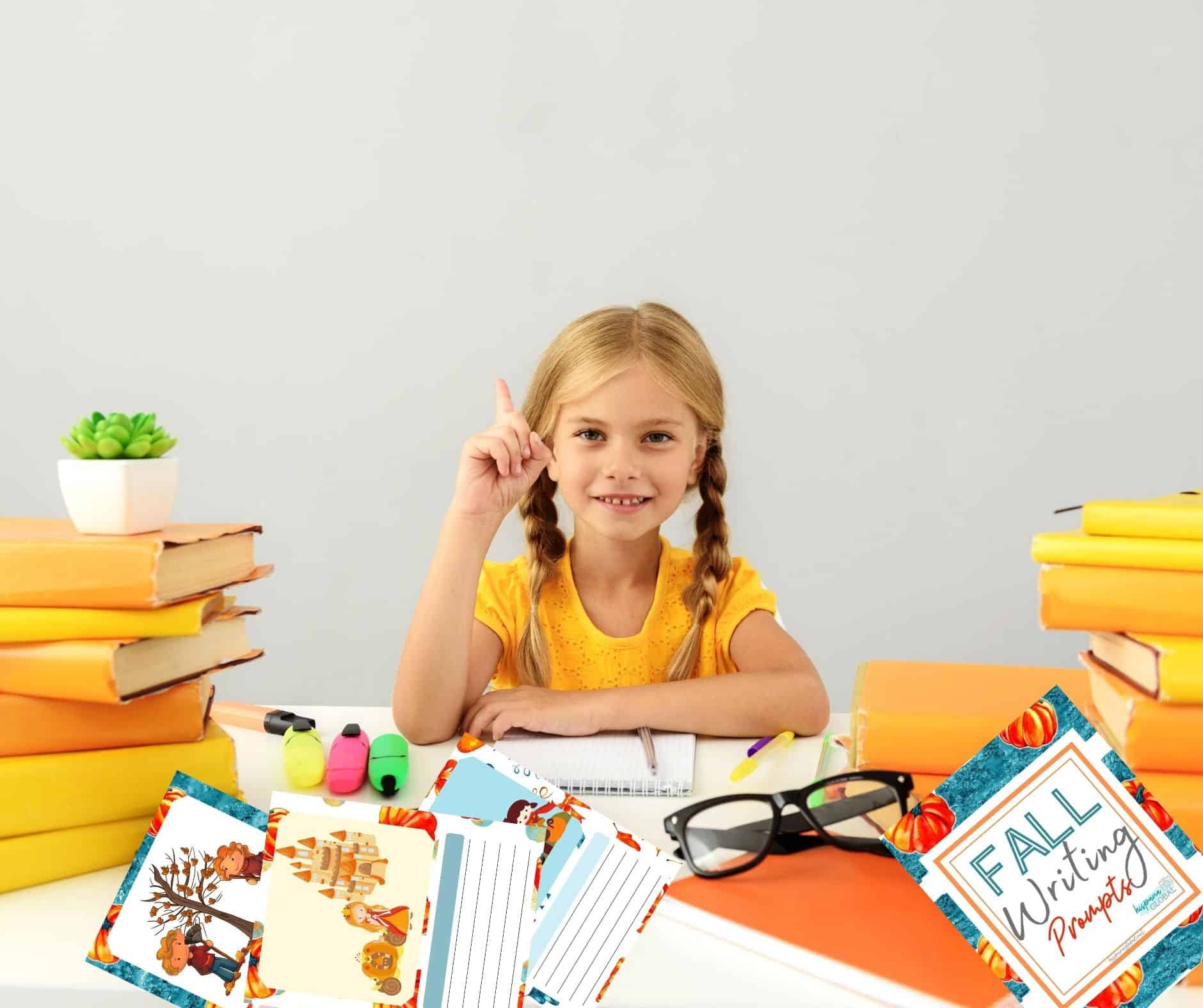Why Teaching Your Kids To Be Bilingual Is Priceless
As a bilingual Latina mom, I never questioned whether my kids would learn a second language. My own experience proved to me the many advantages of speaking both English and Spanish and I wanted to give that gift to my own children. I felt equally comfortable writing for Babble as Idid when contributing to Ser Padres. One day you might catch me on Univision’s Despierta America and the next, on ABC’s Good Morning America.
Bilingualism is challenging at times but the pros outweigh the cons. Yes, occasionally I do get the grammar mixed up, or I will mix English and Spanish in the same sentence because sometimes there are no equivalent words to describe what I feel. But I do function in two languages and it’s made all the difference in my life. By being able to communicate in a second language, you open a new world of possibilities and understanding. You can build bridges. For example, whenever we travel, our kids not only feel comfortable in countries that speak Spanish, but they have also spontaneously helped others by translating from English to Spanish. Being bilingual has also helped my kids communicate fluently with relatives that live far away and connect with their cousins when we visit my family in Chile.
Raising our kids to be bilingual in English and Spanish was a logical choice given that both my husband and I grew up in South America, but I know that for many families in the US it can be something they’re not sure about. I highly encourage you to read the many studies that point to what has been called the bilingual advantage. Although I wouldn’t go as far as saying that it affects your IQ, I do believe that constantly switching from one language to another helps you with multitasking. It has also been said to help problem-solving, memory and focus on the important and relevant information. Bilingualism could even play a role in delaying the symptoms of Alzheimer’s. As cognitive neuroscientist Ellen Bialystok told the New York Times a few years ago, bilingualism makes brains stronger.
Regardless of whether my brain is stronger than my friends who only speak Spanish or only speak English, I do find that I can seamlessly navigate between cultures. Most importantly, by effectively communicating in two languages, my world of possibilities has expanded. Not only do I have more career opportunities, but I also have friends regardless of language, race or religion.
So if you have the chance to send your child to a dual immersion program, please consider it even if you only speak one language. The gift you would give your child will last his or her entire lifetime.








